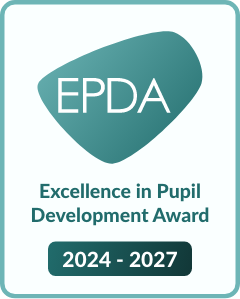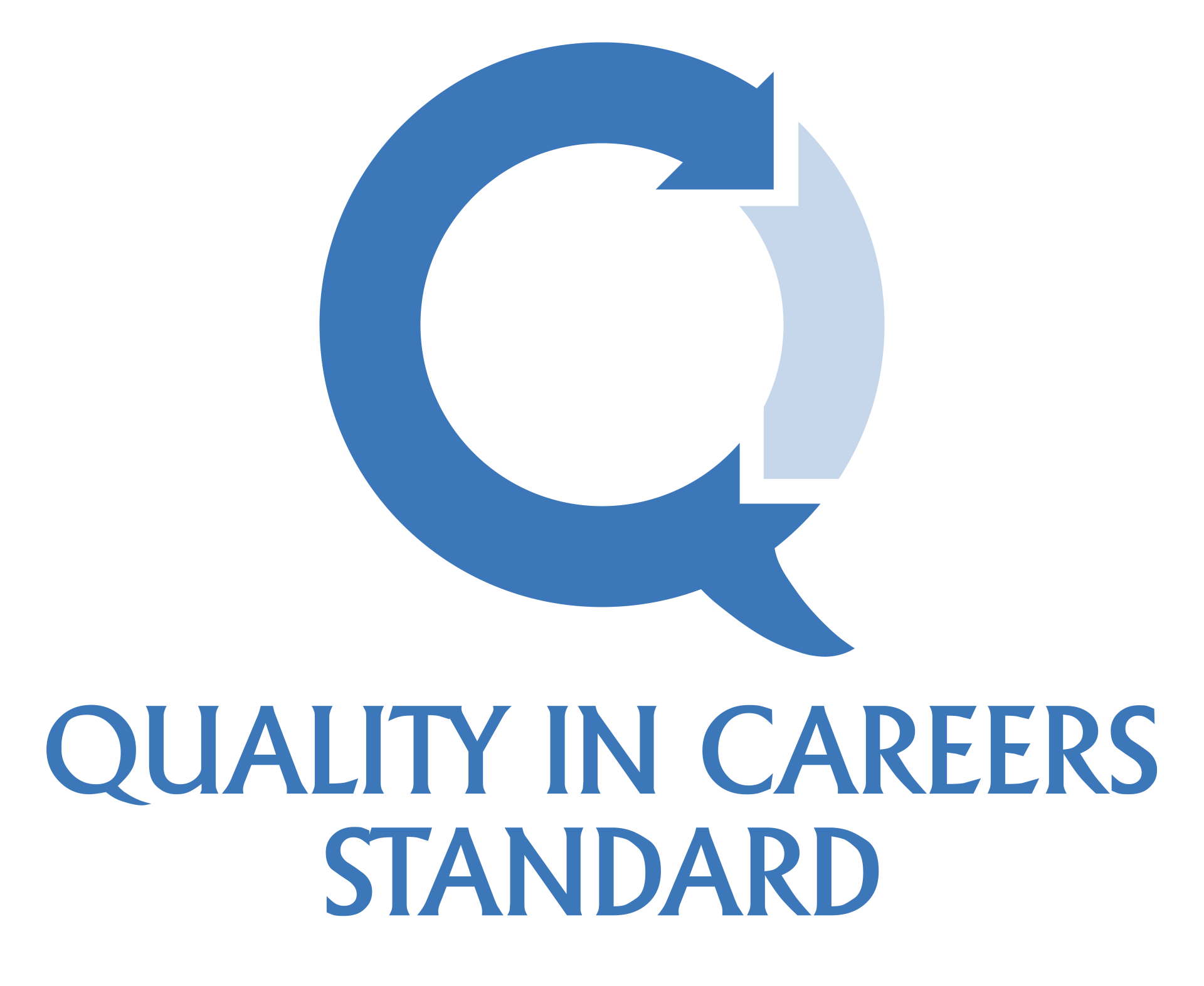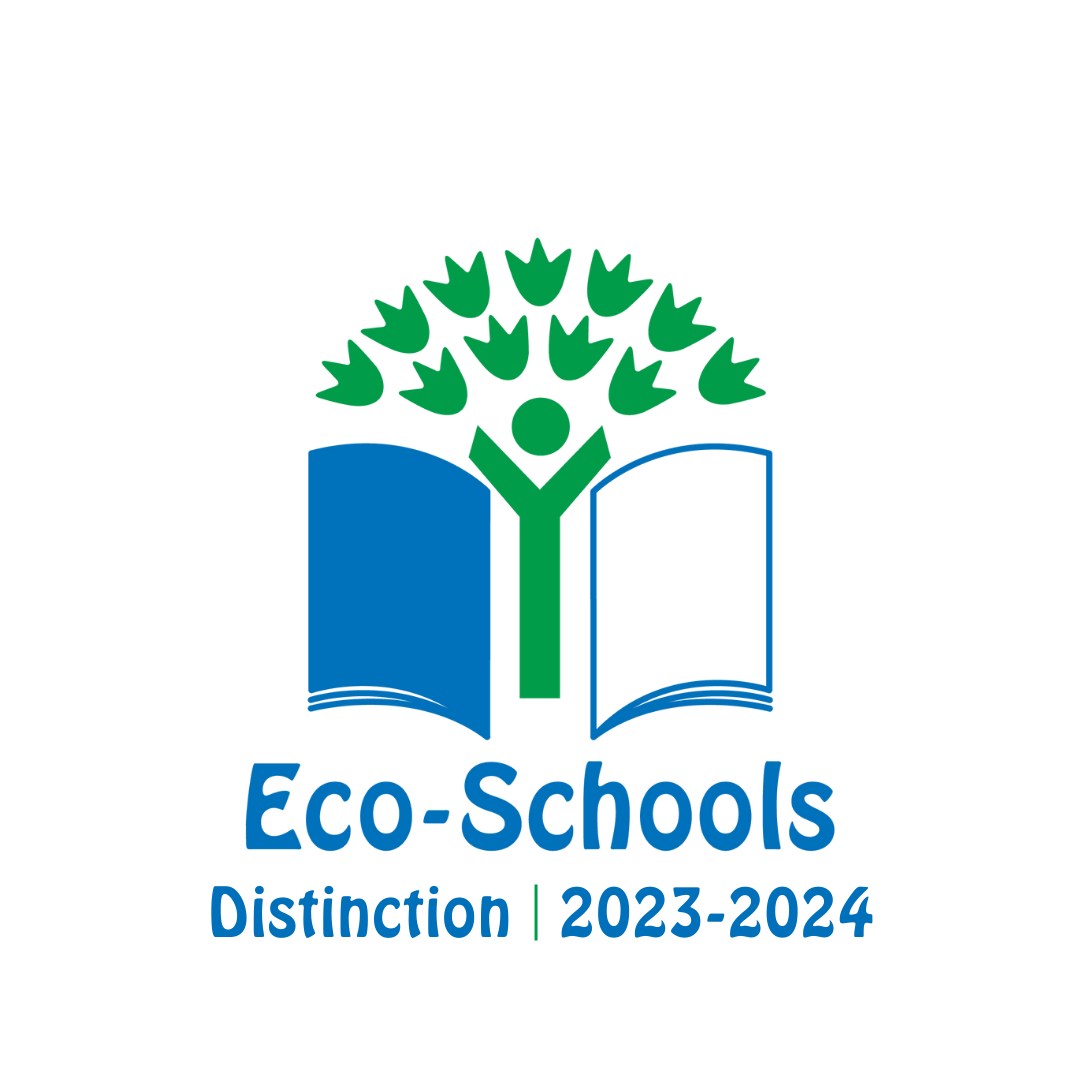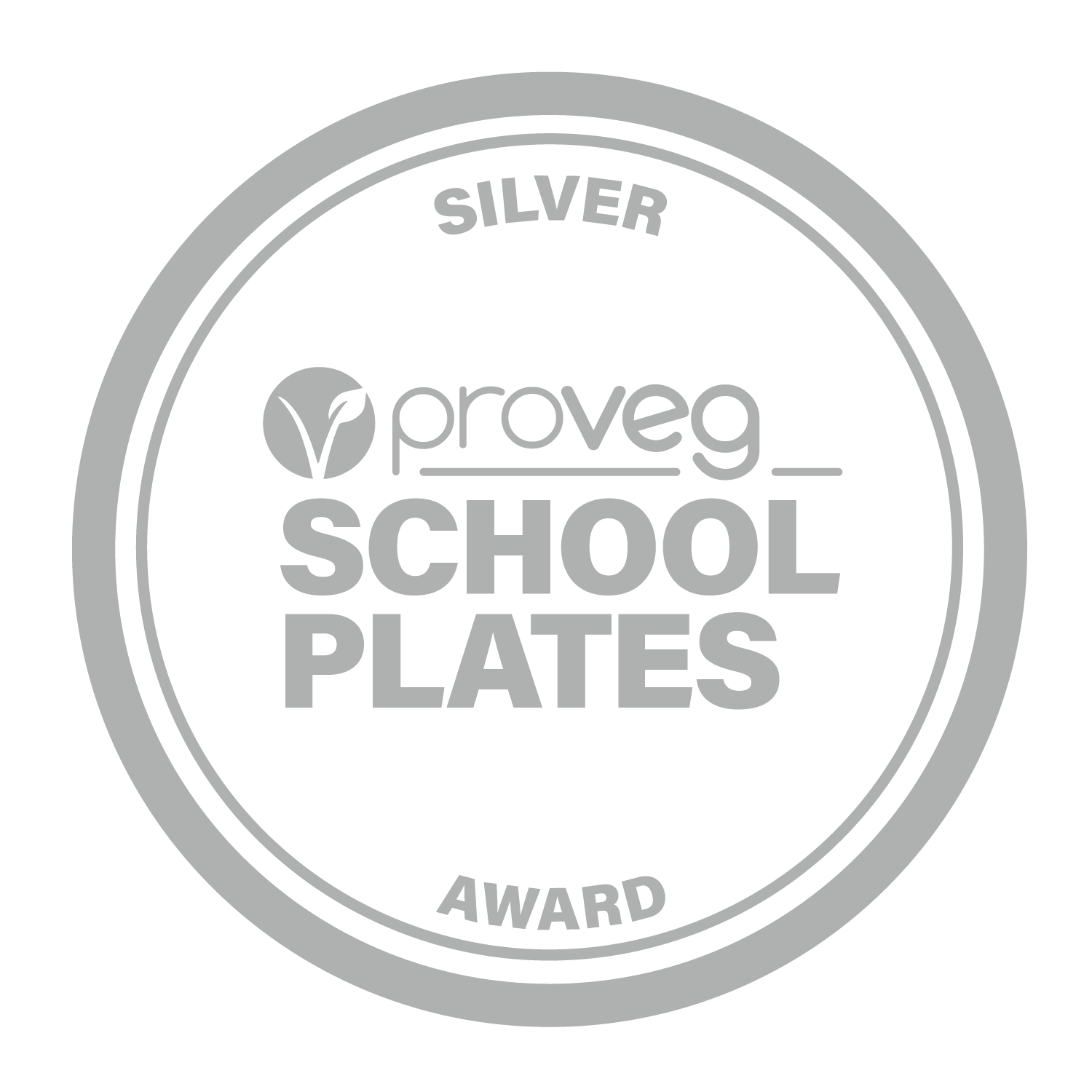Science
Members of Staff
- Mrs. C. Riley: Subject Lead of Science
- Mr. T. Beaumont: Teacher of Science
- Mrs. C Bodycote: Teacher of Science
- Mr. C. Chatburn: Teacher of Science
- Mr. T. Moore: Teacher of Science
- Mrs. R. Chana: Teacher of Science
- Mrs. V. Parker: Teacher of Science
- Ms. I. Ahmed: Teacher of Science
- Ms. F. Durrance: Teacher of Science
- Ms. J. Moss: Lab Technician
Subject Overview
The study of science ignites pupils’ curiosity about phenomena in the world around them and offers opportunities to find explanations. It engages learners at many levels, linking direct practical experience with scientific ideas. Experimentation and modelling are used to develop and evaluate explanations, encouraging critical and creative thought. Pupils learn how knowledge and understanding in science are rooted in evidence. They discover how scientific ideas contribute to technological change – affecting industry, business and medicine and improving quality of life. They trace the development of science worldwide and recognise its cultural significance. They learn to question and discuss issues that may affect their own lives, the direction of society and the future of the world
Science at KS3
Learners are put into two bands in KS3, with ability sets in Years 7 & 8.
Years 7 & 8 have 3 lessons per week.
We will be following the Activate scheme of work.
Year 7
- Elements, Atoms and Compounds
- Chemical reactions
- Acids and Alkalis
- Cells
- Reproduction
- Structure & Function of Body Systems
- Forces
- Sound
- Light
- Space
Year 8
- Healthy lifestyle
- Ecosystems
- Adaptations & Inheritance
- Periodic Table
- Separation Techniques
- Metals & Acids
- The Earth
- Electricity & Magnetism
- Energy
- Motion & Pressure
Key Stage 4
Learners are put into sets according to their academic ability in Year 9, 10 and 11. All students will study science in KS4. Most learners will complete the AQA Combined Science: Trilogy, which offers two GCSEs. This is a linear qualification with six 1 hour 15 minute exams at the end of year 11.
A small number of learners who achieve well at KS3 are considered for studying AQA triple science. This will gain pupils three separate GCSEs in Biology, Chemistry and Physics. Again this is a linear qualification with six 1 hour 45 minute exams at the end of year 11.
Useful Links for Home Learning
- senecalearning.com
- http://www.bbc.co.uk/education/subjects/zrkw2hv
- http://www.s-cool.co.uk/
- http://www.my-gcsescience.com/
- https://www.kerboodle.com/users/login
Kerboodle requires login details that have been provided to pupils. Once logged on, pupils can access homework tasks set by their teachers.
Support Your Child
Exam board – AQA
Exam board resources such as Combined Science/Separate Science specifications, schemes of work and past papers can be found at:
Suggested revision guides to purchase:
- http://www.collins.co.uk/category/Revision/GCSE+-+Ages+14-16
- https://www.cgpbooks.co.uk/Parent/books_gcse_science_new
- https://global.oup.com/education/content/secondary/series/aqa-gcse-science-3ed/?region=uk
Please note – for all revision guides you will need to consider whether to purchase the higher or foundation tier AQA revision guide. Revision guides can be purchased from the Science faculty at the start of term for a reduced price.






 ↑
↑




